11 overlooked factors that affect the bacteria on your body and help determine your health
How you're born.

Your workout regimen.

When considering whether to hit the gym, be sure to factor your microbiome into your decision. A 2014 study of Ireland's national rugby team found that the athletes had higher diversity of bacteria in their gut compared to a control group. The preliminary results were encouraging enough to suggest that getting exercise can be beneficial for increasing the good bacteria that lives in our digestive systems.
Your drinking habits.

For a recent study, scientists isolated 11 strains of bacteria from wine, including one called Lactobacillus, the same kind that's found in yogurt. These bacteria, found in many fermented foods, are called "probiotics," and may help good bacteria flourish while blocking the overproduction of bad bacteria.
Of course, adding a couple glasses of wine to your diet likely won't make a big difference: Many of wine's helpful bacteria get wiped out during the sulfation process, when preservatives are added to the drink.
The drugs you take.
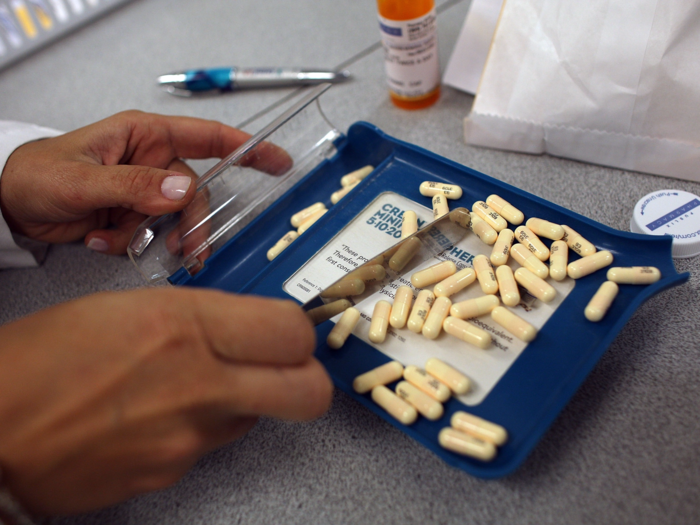
Antibiotics are often too good at their jobs. While they're off trying to defend the body from harmful bacteria, they inadvertently kill a lot of the good bacteria that keep our bodies running. And a single round of antibiotics can impact gut bacteria for a year.
Where you live.

The bacteria in your body is also affected by your environment. Someone born in Taipei who moves to New York, for example, will likely have a different microbiome than someone born in New York who stays in the city all their lives.
Your gender.

Although no two microbiomes are exactly alike, there are some trends when it comes to gender. Studies have shown that men and women have different bodily bacterial communities, which could be related to differing hormone levels.
Your age.

Researchers have found that the older you get, the more diverse your bacteria becomes, regardless of where you live. Other researchers have also found that the bacteria in your gut could play a role in the rate at which you age.
Your pets.
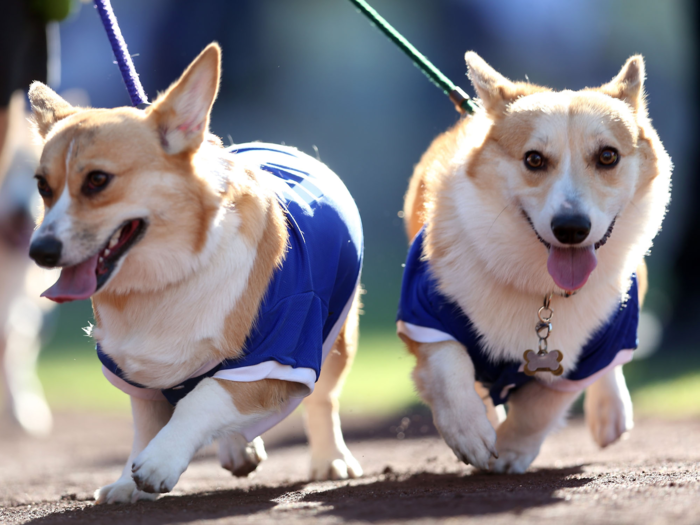
Families that own a dog tend to have more bacteria in common with one another than families that don't own a pet or own a cat. That's especially the case when it comes to the microbes on their skin. In comparison to other pets, dogs tend to go outside more frequently, where they pick up different bacteria and spread them around the house, Perkins said. And, of course, the harmless germs spread to the pet's humans when being pet and played with.
What you eat.
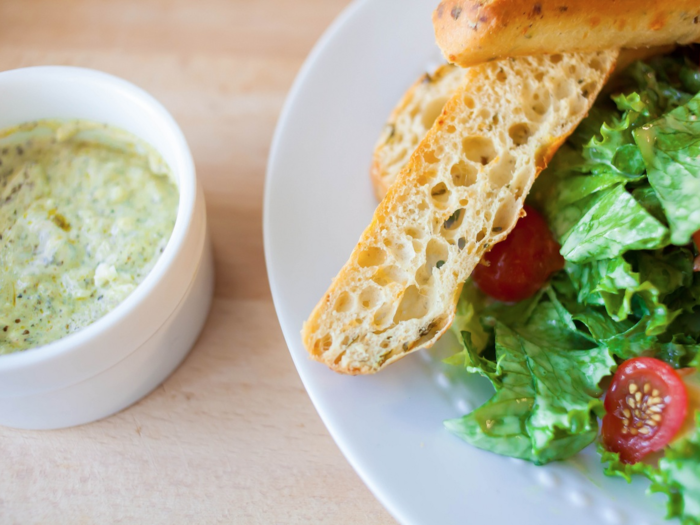
The bacteria in our gut helps our body digest food and get the most nutrients out of it.
There are two classes of bacteria in foods that researchers think have a beneficial effect on our gut microbiomes: Probiotics and prebiotics. While probiotics include "good" bacteria that help keep our digestive systems healthy by curbing the growth of "bad" bacteria, prebiotics are carbs we can't digest, but instead act as food for the good bacteria.
...and, more specifically, how much fiber you get.
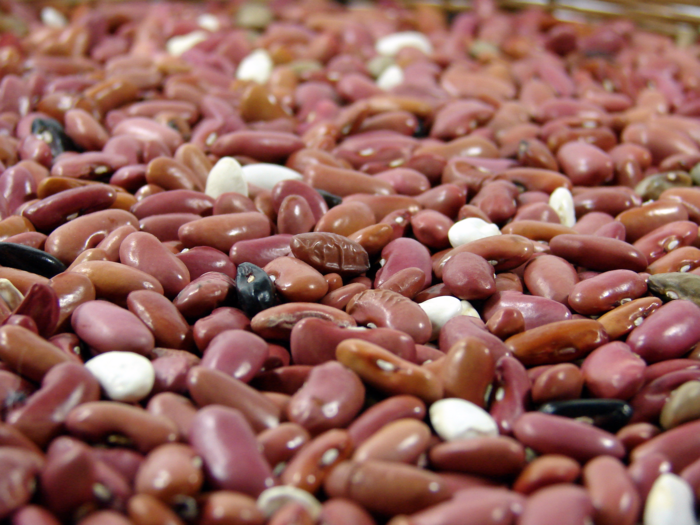
Fibrous foods, such as whole grains, beans, and fresh fruits (with skin intact), act like "prebiotics," because they serve as food for the good bacteria in our guts.
"It doesn't hurt as a general rule to eat more fiber," microbiome researcher Jeff Leach recently told NPR.
Even your sweet tooth plays a role.
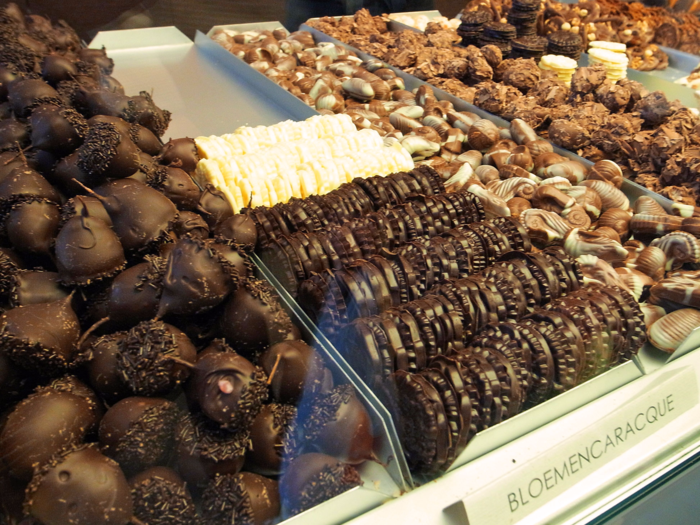
In addition to fiber, gut bacteria also thrive on ingredients called polyphenols, which give fruits and vegetables their color and can also be found in tea, coffee, and chocolate — especially the dark kind. So snack on.
Popular Right Now
Popular Keywords
Advertisement